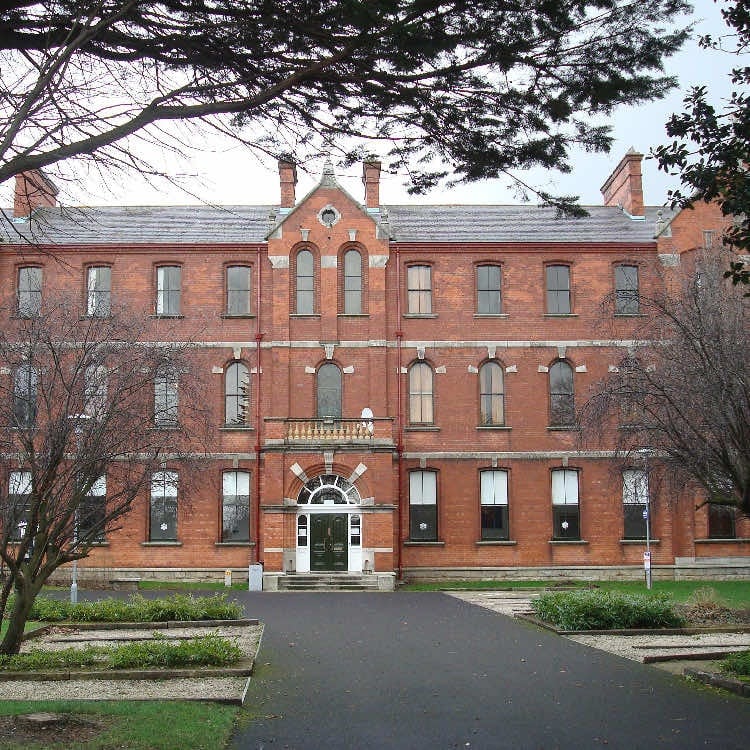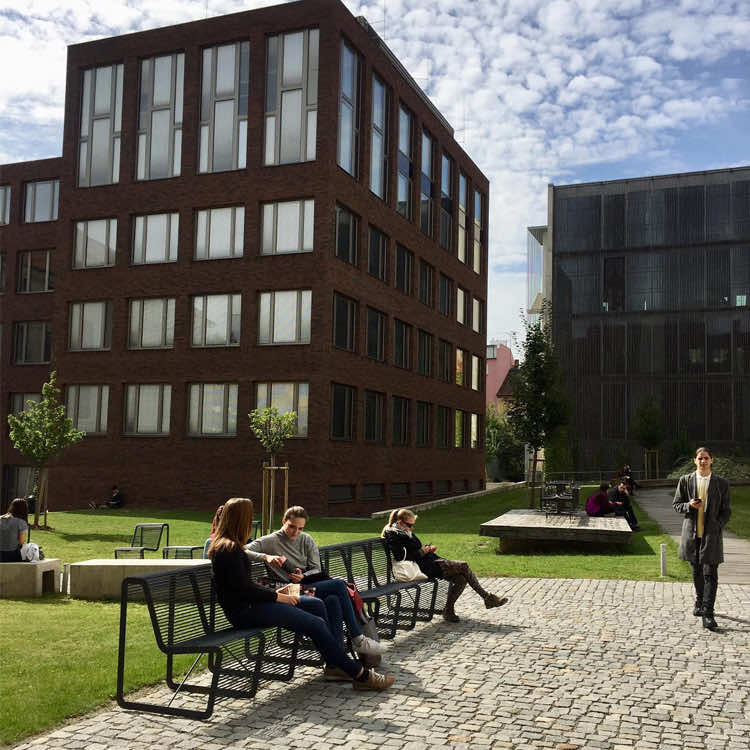All Language Education
People often assume that the best educators must be the individuals who know most about their chosen subject. Teachers need to know more than their students, of course, but it’s also possible to be a famous subject matter expert and still be completely incapable of transmitting that knowledge. What really makes a good teacher is skill in education itself. This is especially true for teaching students a new language: being fluent in it is no guarantee of success.Graduates in language education, by contrast, know how to determine a student’s competence in a second language, how to correct any deficiencies, understand the theories and best practices of language education, and have a working knowledge of functional linguistics. This makes them significantly more effective in the classroom, a fact which is not lost on potential employers.A bachelor’s degree in language education is typically paired with learning a second language of your choice. Naturally, it is optimal to learn that language in its country of origin. For native English speakers, German and Spanish are some of the easiest and widely spoken European languages to learn.







